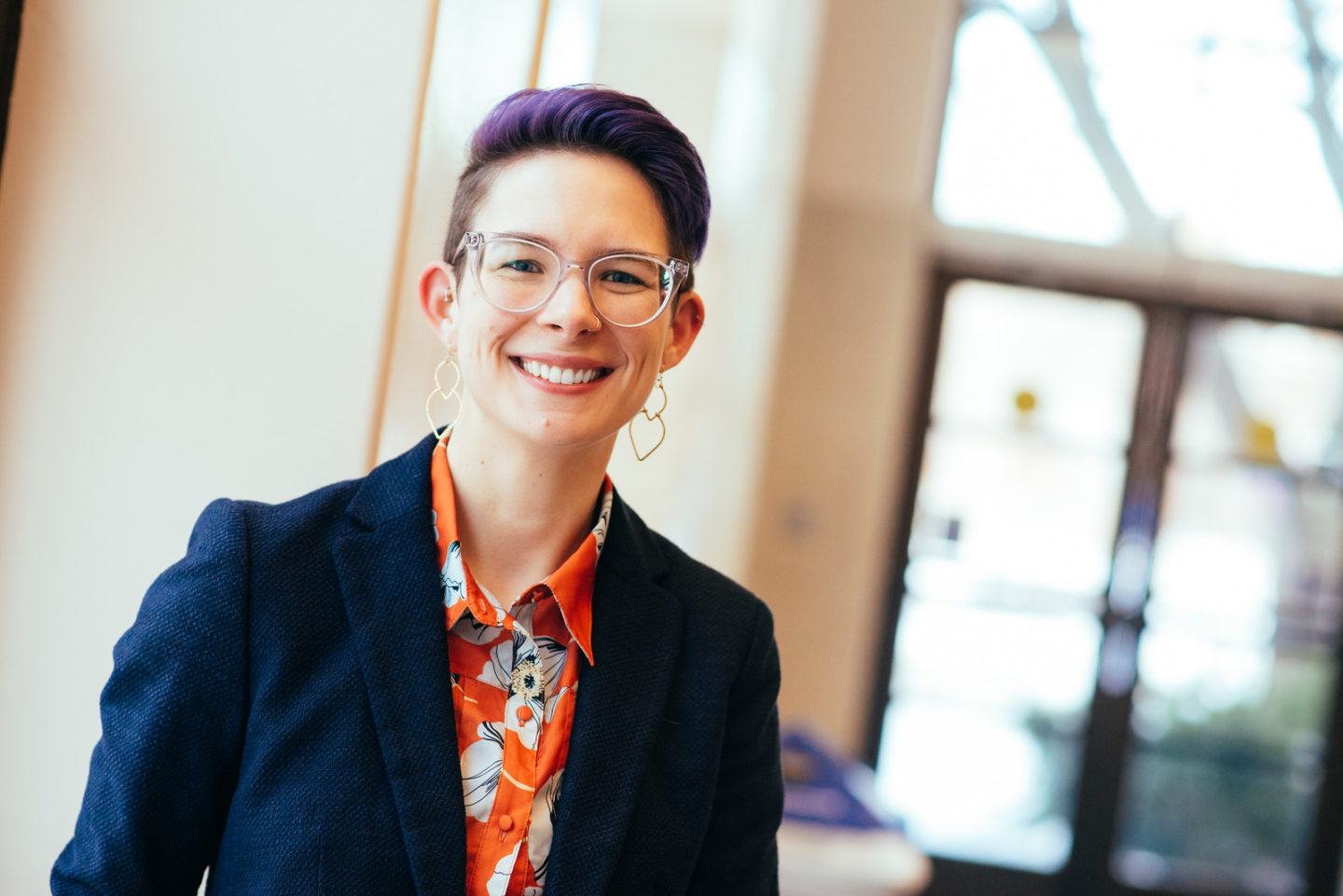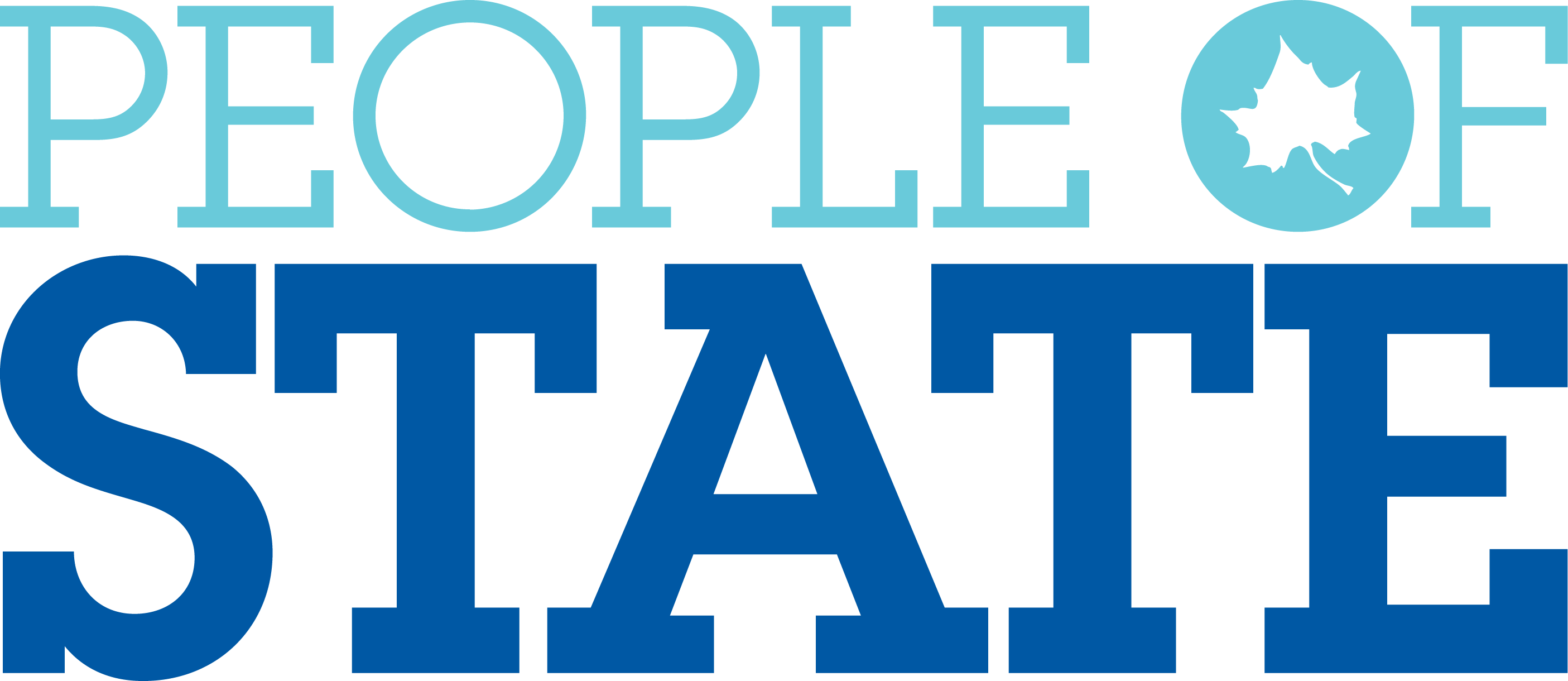
Literature is Fun
By Indiana State University
Mar 15, 2019
Writing workshops don’t have to be boring or intimidating, says English Professor Emily Capettini. In fact, they offer valuable life lessons.
Indiana State English Professor Emily Capettini is all about putting “creative” back in creative writing.
Shortly after earning a Ph.D. in English and creative writing, Capettini began a long-term residency at Sundress Academy for the Arts, an artist residency in east Tennessee that is part of Sundress Publications — a volunteer-run, nonprofit press.
She resided on the farm’s two-bedroom house on the farm and, along with short-term residents, would tend to the property’s sheep, goat, donkey, 16 chickens and four ducks, while also conducting mini orientations for visitors who accompanied her to community writer workshops.
“I was lucky enough to end up (at Indiana State) after that in 2016, and I’ve really enjoyed it and get to teach genre fiction — my major literature area is science fiction,” she said. “I always knew I wanted to do something in creative writing and be a fiction writer, so I was looking for ways to combine the enjoyment I had tutoring and also the interest in writing, so teaching writing to college students seemed like a good fit.”
While in graduate school at the University of Louisiana-Lafayette, Capettini worked on the school’s literary journal, Rougarou, an experience that has served her well as she helped transforms Indiana State’s old printed literary journal, Grasslands, into Plane Tree, a modern, online version of the publication in the fall of 2018.
Undergraduate and graduate students alike share in Capettini’s love of fiction through courses such as Introduction to Creative Writing and contemporary literature.
“I get to teach a lot of workshops and talk about all the wonderful fictions being published these days, and I like to give students a little more creative reign because sometime in literature I think we lose that,” she said. “Literature is fun. I love all of the classics and I think they’re important in helping us see where we have come culturally and the things were have been concerned about over time. I want students to know there is more, so I teach a lot of contemporary fiction in my writing classes. I make a point to teach people who are still working, so young writers realize what it’s like to be a working writer today — and in the past.”
Creative freedom serves her classes well, especially with the range of students with writing and non-writing interests.
“I’ll get students who come and say they’re not English majors or minors, but they just like to write and it’s good to have those students because they bring a new perspective and approach, which in enriches the class,” Capettini said.
Hidden in Capettini’s fictional workshops are also a lot of life lessons that serve students well both during and after college.
“I want students to be considering where their writing is now and where do they want to go, and I also want them to be kind to themselves when looking back on their work,” she said. “The workshop can be a scary place because you’re sitting around circle with a bunch of people talking about something you wrote, and that is something that is important to learn how to do. It teaches how to deliver criticism that is productive and with attention to what the writer is trying to accomplish and how to take criticism, which are skills you will use throughout your life.”

